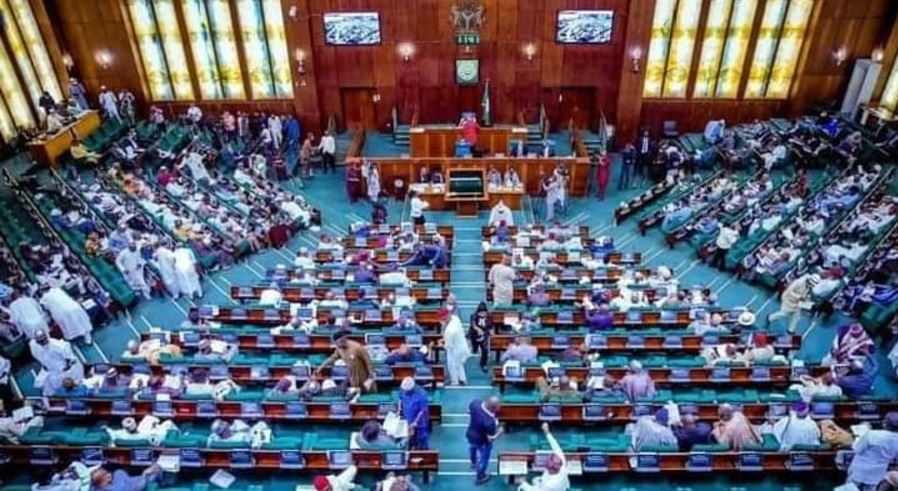ABUJA – The House of Representatives is advancing major reforms aimed at tackling critical challenges within Nigeria’s public service, including issues of age falsification, promotion stagnation, compulsory retirement of directors after eight years in office, and the introduction of a proposed 30-day widowhood leave.
These matters were the focus of a Public Hearing held on Friday by the House Committee on Public Service Matters, designed to gather expert contributions and public opinion to inform legislative outcomes.
In his opening remarks, the Speaker of the House, Rt. Hon. Abbas Tajudeen, noted that the public hearing serves as a vital platform to deliberate on legislative proposals centered on institutional efficiency, worker welfare, and accountability in the civil service.
One of the motions under review, according to him, seeks to revoke the policy mandating the retirement of directors after eight years in office, regardless of age or years remaining before official retirement.
“While the policy may have been crafted with good intentions, it has drawn serious criticism,” Tajudeen said. “It’s seen as a mechanism that prematurely sidelines seasoned professionals, thereby depleting institutional experience and leadership continuity.”
He also addressed the prevalent issue of stagnation in civil service promotions, describing it as a growing source of discontent among public servants who, despite meeting performance benchmarks, have been denied upward mobility.
“This stagnation discourages innovation, dampens morale, and reduces the overall effectiveness of our public sector. The motion recommends a thorough review and systemic overhaul of the current promotion framework,” he added.
On the issue of age falsification, the Speaker highlighted the damage the malpractice has done to public trust and succession planning. He stressed the need for robust verification processes and legal mechanisms to curb the trend.
“This issue distorts fairness, extends undeserved tenures, and undermines public confidence in the system. The motion proposes technological verification, institutional reforms, and strict enforcement to tackle the challenge,” he said.
The Speaker also announced consideration of a proposed bill to repeal the National Assembly Service Commission Act, 2014, and replace it with the National Assembly Service Act, 2025. He described the move as part of efforts to modernize the legislative institution’s administrative structure.
Additionally, the House is weighing an amendment to the National Assembly Service Pension Board Act (2023). The amendment seeks to restructure the Pension Board, establish fair gratuity procedures, and create a dedicated fund for the pension scheme.
“These initiatives are not just administrative, they are about ensuring dignity, justice, and equitable treatment for those who have served the Assembly,” Tajudeen stated.
Chairman of the House Committee on Public Service Matters, Hon. Sani Bala, emphasized that the committee is committed to transparency and diligence in processing the proposals.
“This hearing is more than a formality—it is a civic obligation. The outcomes will shape how our public service functions and how fairly it treats those who serve within it,” he said.
Bala reaffirmed the House’s dedication to strengthening the principles of separation of powers and ensuring that the reforms serve the broader interest of Nigerians.
President of the Nigeria Labour Congress (NLC), Comrade Joe Ajaero, in his remarks, praised the House for its proactive stance on civil service reforms but urged that the proposed widowhood leave be renamed “bereavement leave” to include both men and women who have lost spouses.
He also called for full salary payment during the proposed leave period.
“Nigerian workers continue to face institutional neglect regarding their emotional and psychological welfare. A bereavement leave policy will offer grieving workers time to recover, thereby improving productivity and workplace well-being,” Ajaero said.
He noted that other nations, such as South Africa and France, have already implemented such compassionate leave policies, and urged Nigeria to follow suit.
The public hearing drew participation from key stakeholders, labour unions, and civil society groups, all contributing insights to help shape reforms aimed at revitalizing the Nigerian public service.
